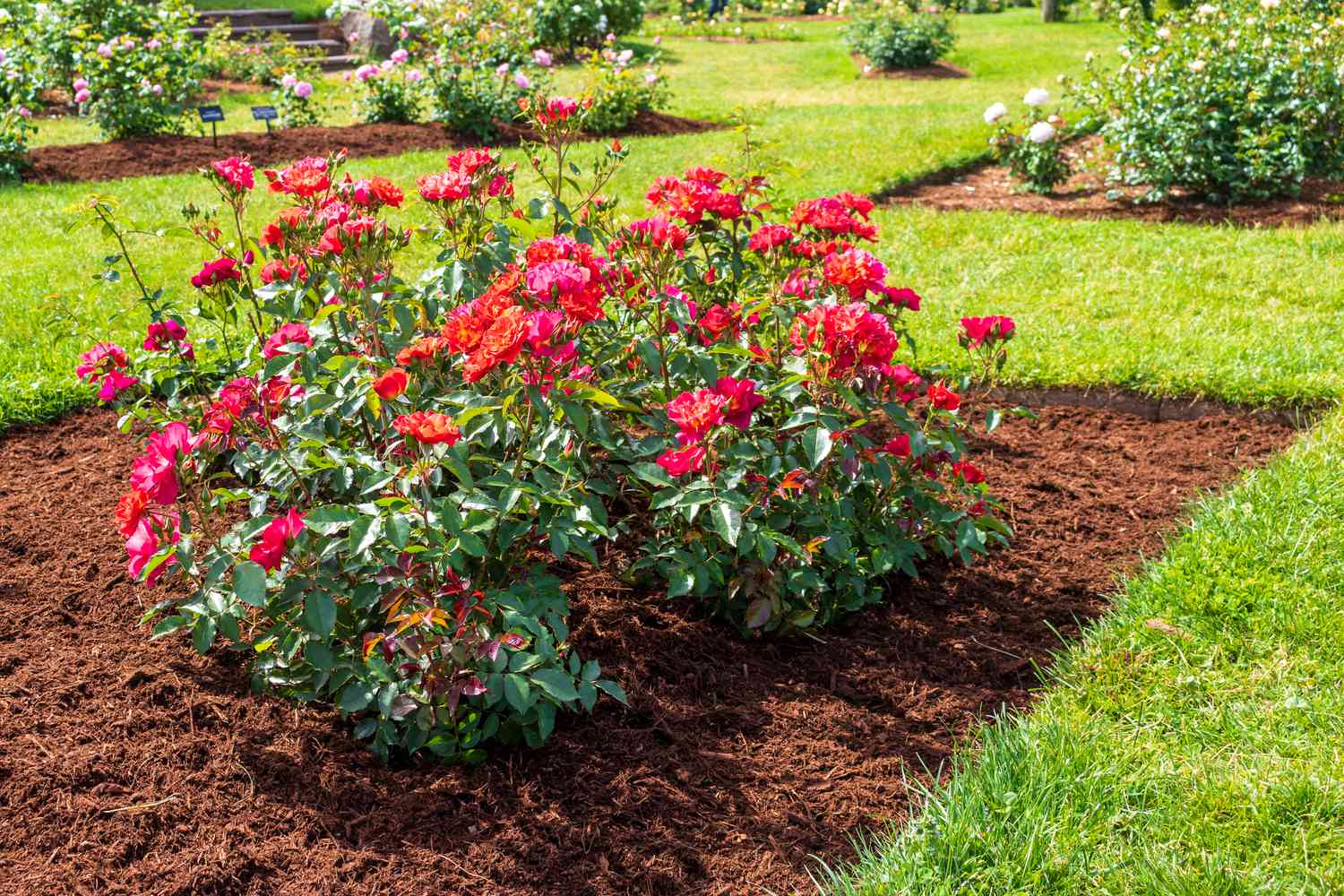Art of Mulch Selection

Mulch is not just a practical addition to your garden; it's also an essential element of landscape design. The right mulch can enhance the aesthetics of your garden, improve soil quality, and even help reduce maintenance. However, with a variety of mulch types available, choosing the right one can be a bit of an art. In this article, we'll explore the art of mulch selection, helping you determine which type is perfect for your garden's needs.
The Benefits of Mulch
Before delving into mulch types, let's quickly recap why mulch is so important:
Moisture Retention: Mulch acts as a barrier, reducing water evaporation and helping to maintain consistent soil moisture. Weed Suppression: A thick layer of mulch prevents sunlight from reaching weed seeds, minimizing weed growth. Temperature Regulation: Mulch insulates the soil, keeping it cooler in hot weather and warmer during the cold months. Soil Improvement: As organic mulch breaks down, it enriches the soil with nutrients, improving its structure and fertility.
Choosing the Right Mulch Type
The type of mulch you choose should align with your garden's specific needs and your design preferences. Here are some common mulch options:
Wood Mulch: This is one of the most popular mulch choices, available in various colors and sizes. Hardwood and softwood mulches provide a classic look and gradually break down to enrich the soil. Pine Straw: Pine straw mulch is a popular choice in Southern regions. It's lightweight, easy to spread, and provides an attractive reddish-brown color. Gravel or Stone: These are excellent choices for xeriscape gardens or areas with poor drainage. They don't break down, but they can be less forgiving on your feet. Rubber Mulch: Made from recycled rubber, this type of mulch doesn't decompose and provides excellent weed suppression. It's often used in playgrounds and for a more modern garden aesthetic. Straw or Hay: Straw and hay mulch are economical choices for vegetable gardens. They break down quickly but provide good insulation. Compost: If you have access to compost, it can double as mulch. It's excellent for soil improvement but may not be as effective for weed control.
Considerations for Mulch Selection
Aesthetic Appeal: Think about the look you want for your garden. Wood mulches provide a traditional appearance, while stone or rubber mulches offer a more contemporary feel. Climate and Plant Needs: Consider your region's climate and the specific requirements of your plants. For example, xeriscape gardens benefit from gravel mulch, while organic mulches are great for enriching soil. Maintenance Level: Some mulches require more maintenance than others. Stone mulch is low-maintenance, while organic mulches may need replenishing as they decompose. Allergies and Sensitivities: Be mindful of any allergies or sensitivities you or your family may have when selecting mulch, as some types, like pine straw, can trigger allergies.
Conclusion
The art of mulch selection involves finding the perfect balance between functionality and aesthetics for your garden. By considering factors like climate, plant needs, and maintenance preferences, you can choose the ideal mulch type to enhance your garden's beauty and vitality. So, take your time, experiment with different options, and let your garden's unique needs guide you in selecting the perfect mulch for a thriving and beautiful landscape.